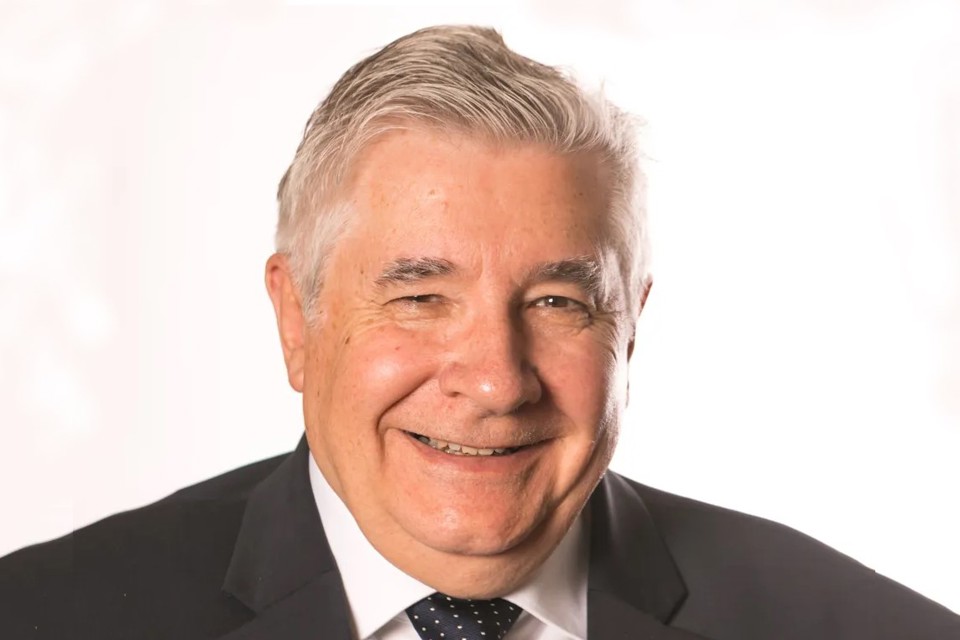I've always wanted to see the Victoria Falls, so due to the kindness of my daughter and her partner I sat in the back of a Toyota Hilux driving 1000 miles across Namibia and into Zimbabwe and Botswana to see one of the natural wonders of the world. As we drove north out of Windhoek the capital, I thought that I could sit back and relax pushing the motor industry to the back of my mind.
This aspiration was shattered as the news came through that Elon Musk’s remuneration package for Tesla was going to be in the region of 46 billion dollars.
This contrasted starkly to the poverty that I saw out of the window as we drove along. I did a rough calculation and found that Musk’s pay was more than four times the Gross Domestic Product of Namibia, the country through which I was travelling.
If the Tesla shareholders believe the company is better with his involvement, who am I to question his remuneration!
It then dawned on me that the endlessly straight road that we were travelling on was of exceptional quality with few potholes and virtually no traffic. For over an hour I saw no other cars. What was bizarre was that for all these hundreds of miles there were pristine yellow lines on each side of the road.
Why was there no stopping? Who was going to stop? How was it policed? Why were they there?
Someone had taken great pride in producing a straight line that went on for hundreds of miles. It was only when I noticed what did travel along these roads that it became apparent. The only other vehicles on the road were lorries almost all carrying copper to be shipped to China.
I was travelling along a road that had been built as part of China’s Belt and Road Initiative to guarantee the supply chain for their industrial ambitions including that for electric vehicles.
As a strategist I may not like it, but I must respect the success and strategic drive of both Musk and the Chinese Government and their EV manufacturers. They have put in place the elements to deliver their strategy.
As we journeyed on it became apparent that when a car did appear it was inevitably a Toyota Hilux. With all the emphasis on EV as a power train in Europe some parts of the world are not going to go electric.
Looking into the data, the Hilux is the best-selling car in 30 countries across Africa. With no infrastructure and non–major roads being more like wash boards I suspect that having a large diesel-based hybrid is going to be the only real option for most of a continent.
I left Africa with a new insight both about natural beauty and our industry and recognising that even on holiday I can’t get away from the pull of our industry.















Login to comment
Comments
No comments have been made yet.